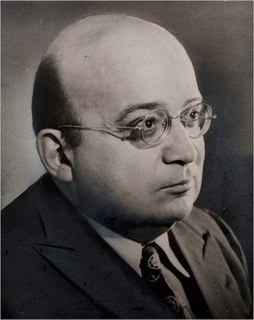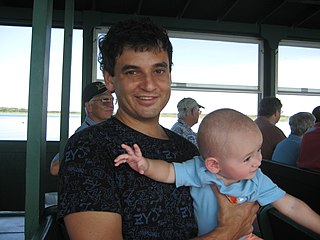A Quote by A. J. Liebling
Henry Miller may write about revelers self-woven into a human hooked rug, because his ecstasy is solemn.
Related Quotes
You can't learn to write in college. It's a very bad place for writers because the teachers always think they know more than you do - and they don't. They have prejudices. They may like Henry James, but what if you don't want to write like Henry James? They may like John Irving, for instance, who's the bore of all time.
All good writers inspire me as I have never thought I was any good. As far as a writer who made me think I could do it, it was Henry Miller. Not because I thought he was so simple that I reckoned I could pull it off as well, but it was his freedom and guts that really moved me to want to write all the time.
You can’t learn to write in college. It’s a very bad place for writers because the teachers always think they know more than you do—and they don’t. They have prejudices. They may like Henry James, but what if you don’t want to write like Henry James? They may like John Irving, for instance, who’s the bore of all time. A lot of the people whose work they’ve taught in the schools for the last thirty years, I can’t understand why people read them and why they are taught.
I think we, especially in American culture, are so afraid to talk about death. And I'm not talking about literal death. I'm talking about shedding skin. I'm talking about rebirth, ultimately, and how we continue to change as human beings and continue to grow. There's that great Henry Miller quote, "All growth is a leap in the dark."
... Grief is selfish. It is indulged in for self-gratification, not for love. Cosmic man knows the beauty and unreality of death. Sympathy for the afflicted makes a reality of the affliction by its recognition as an infliction, while sorrow for the loss of anything, or for the »unfortunate« condition of anybody, is forgetful of the beauty and abundance of all-giving God and Nature. The Mind of God knows but one unchanging emotion - ECSTASY - the ecstasy of Love - the ecstasy which has its beginnings in an inner joyousness of one who is far on the road to the discovery of his immortal Self.
The book it reminded me of most is Henry Miller’s The Books in My Life. Like Miller, Shields manages to convey his affection for and admiration of literature, and that, the enthusiasm and admiration, can revitalize the reader’s love for the art form. I’m grateful for How Literature Saved My Life because the book has made me think again – and for the first time in a while – 'Well, what is it we do when we read?' It’s a damned annoying question, but it needs to be asked now and then, and Shields has asked it in a way I find resonant and moving.
The self-confidence of the warrior is not the self-confidence of the average man. The average man seeks certainty in the eyes of the onlooker and calls that self-confidence. The warrior seeks impeccability in his own eyes and calls that humbleness. The average man is hooked to his fellow men, while the warrior is hooked only to infinity.
No man can well doubt the propriety of placing a president of the United States under the most solemn obligations to preserve, protect, and defend the constitution. It is a suitable pledge of his fidelity and responsibility to his country; and creates upon his conscience a deep sense of duty, by an appeal, at once in the presence of God and man, to the most sacred and solemn sanctions which can operate upon the human mind.































